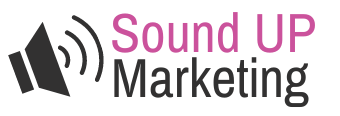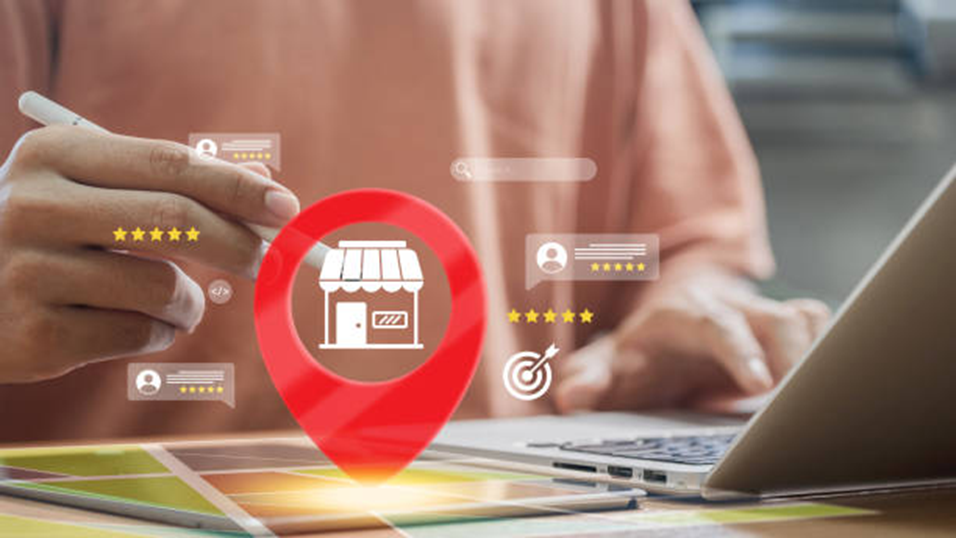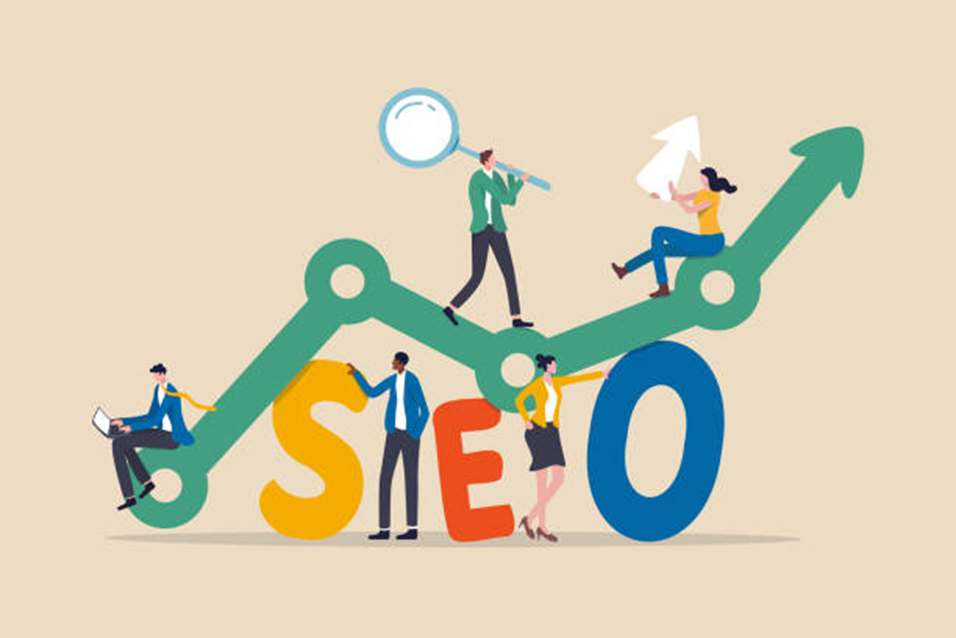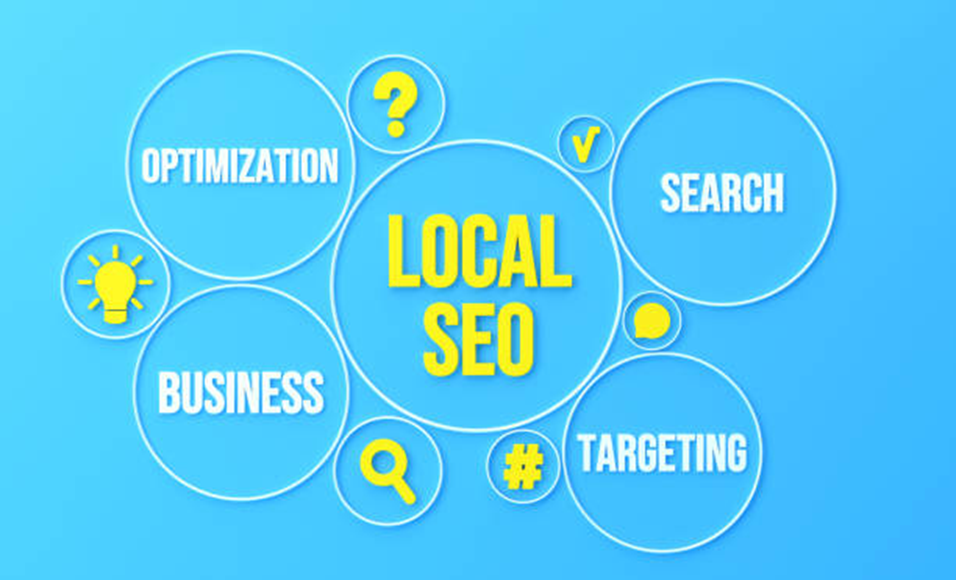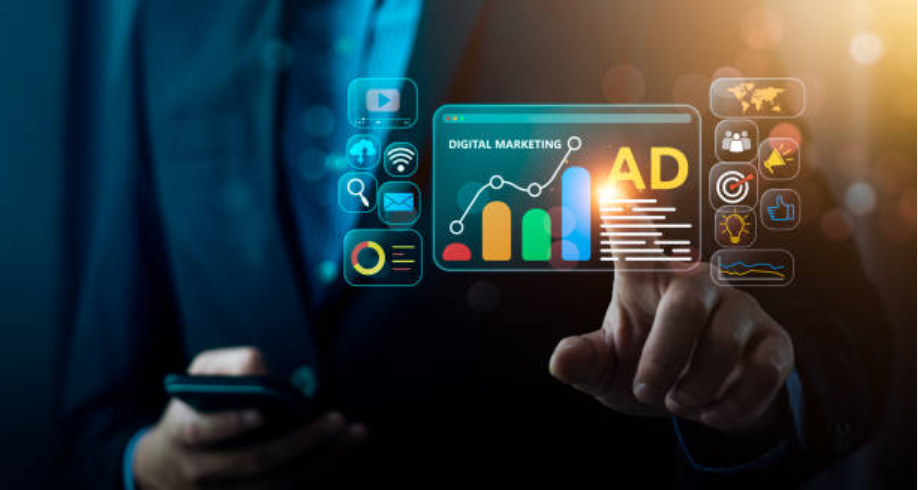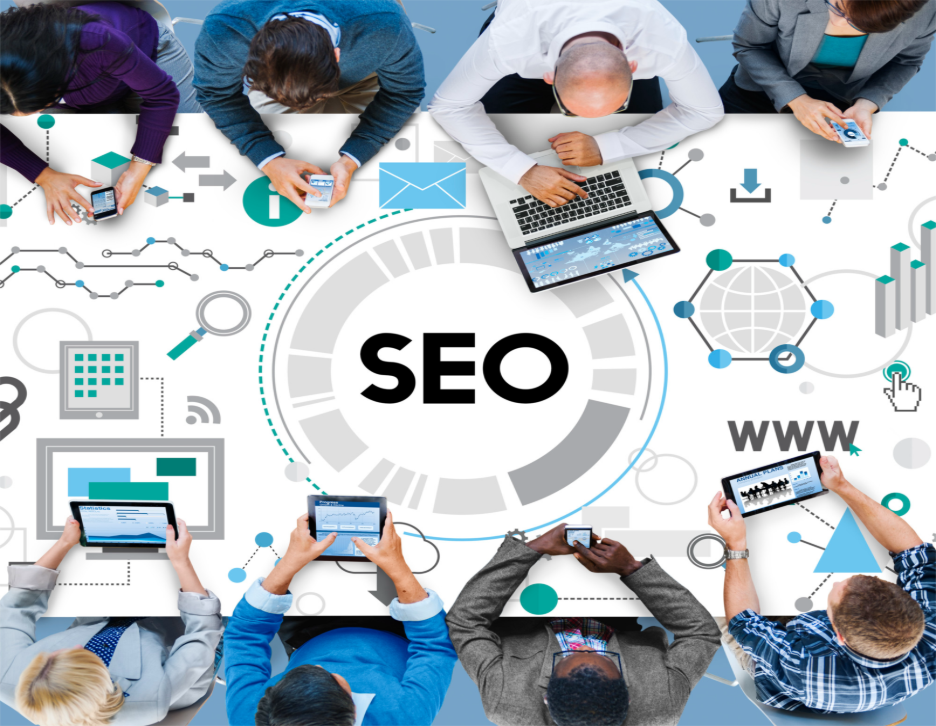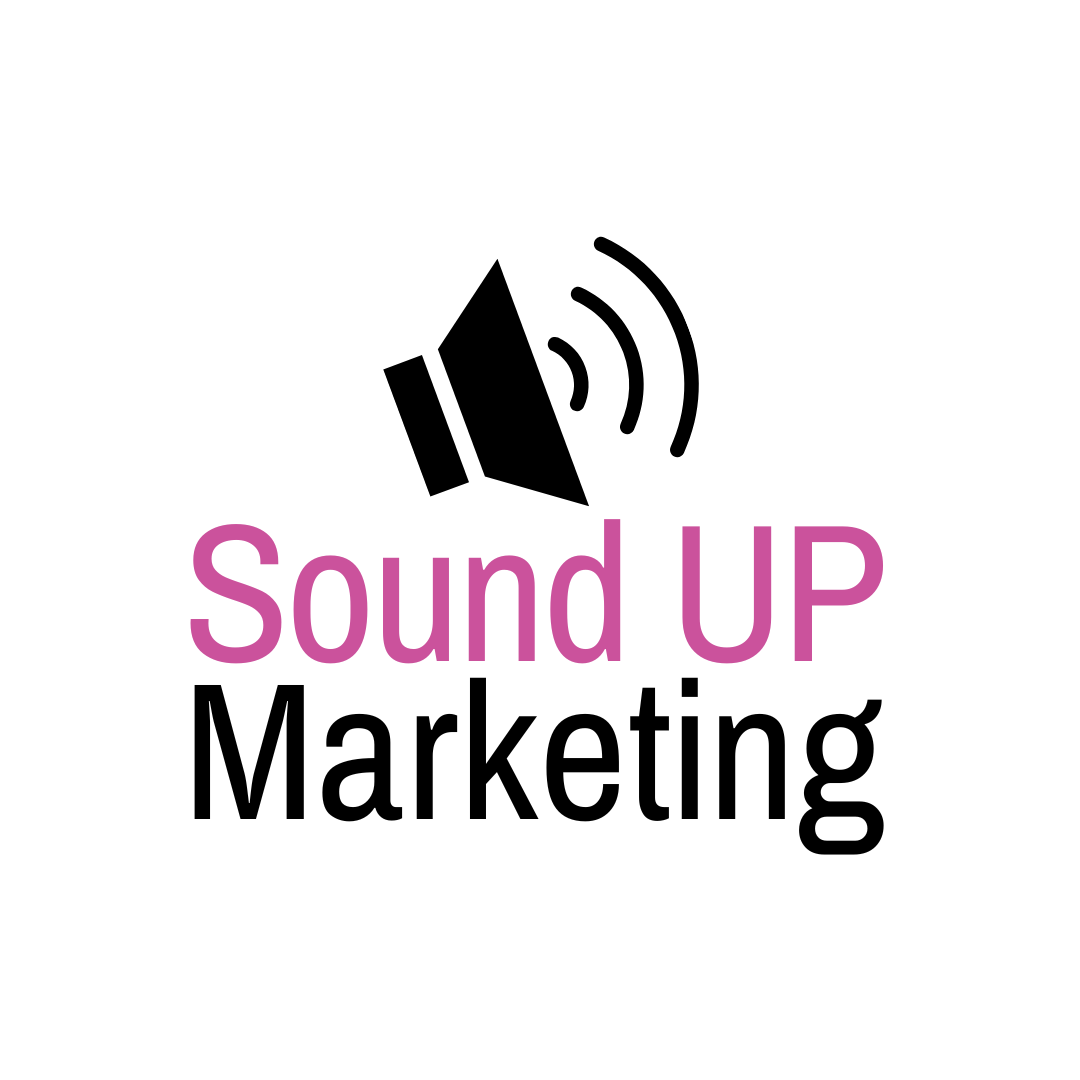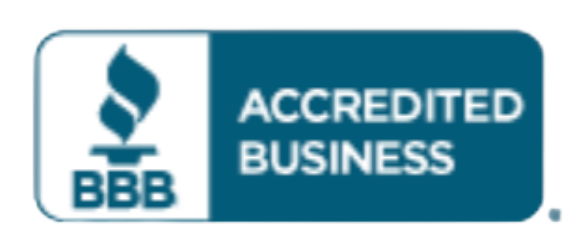Google Ads vs. SEO: When to Invest in PPC
Both Google Ads (PPC) and SEO are crucial components of a well-rounded digital marketing strategy, yet they function in fundamentally different ways. Business owners often find themselves debating where to invest their marketing budget first — paid ads for quick visibility or SEO for organic growth. The right answer depends on your objectives, budget, competition, and long-term plans.
In today’s competitive online landscape, understanding how both strategies complement each other is key. This article explores when to invest in PPC, when SEO should take priority, and how a trusted PPC agency in New York like Sound Up Marketing can help you balance both for maximum return on investment.
Understanding Google Ads (PPC)
Pay-Per-Click (PPC) advertising, most commonly through Google Ads, allows businesses to pay for immediate visibility on search engine results pages (SERPs). Every time someone clicks your ad, you pay a small fee — but that click could lead to a high-value customer.
How PPC Works
When you launch a PPC campaign, you choose a list of target keywords, define your audience (location, interests, demographics), and set a budget. Google then displays your ad to users searching for those specific terms. You only pay when someone clicks the ad, which makes PPC a direct and measurable form of advertising.
Another advantage is agility — PPC campaigns can be adjusted in real time. If a keyword underperforms, you can modify bids, update copy, or pause ads. This level of control allows businesses to respond quickly to trends, test new offers, and track conversions instantly.
For companies needing fast results, a partnership with a skilled PPC company near me can ensure campaigns are data-driven, cost-effective, and aligned with business goals.
Understanding SEO
Search Engine Optimization (SEO) is the process of enhancing your website to improve its visibility in organic (non-paid) search results. It’s a long-term investment that builds authority and trust over time. While PPC can get you immediate visibility, SEO focuses on earning it naturally.
Core Components of SEO
Effective SEO involves a combination of on-page, off-page, and technical elements:
- On-page SEO: Ensuring your pages are optimized for target keywords with clear structure, meta descriptions, and headings.
- Off-page SEO: Gaining backlinks from reputable sources to build your site’s authority.
- Technical SEO: Improving site performance, crawlability, and mobile responsiveness.
- Content Marketing: Creating valuable, keyword-rich blogs, guides, and resources that answer user questions.
When managed strategically, SEO creates a foundation of sustainable traffic that keeps delivering results even when you stop active investment. With guidance from Sound Up Marketing, businesses can develop an SEO roadmap that works alongside PPC to maintain steady growth.
Key Differences Between Google Ads and SEO
Though both strategies aim to increase visibility and conversions, their mechanisms and outcomes differ.
| Aspect | Google Ads (PPC) | SEO (Search Engine Optimization) |
|---|---|---|
| Cost Model | Pay-per-click (budget-based) | No direct cost per click |
| Time to Results | Immediate (within hours/days) | Gradual (3–6 months or more) |
| Traffic Source | Paid search traffic | Organic search traffic |
| Control | High — ads can be paused or adjusted anytime | Moderate — depends on algorithms |
| Longevity | Ends when budget stops | Long-lasting visibility |
| Conversion Tracking | Real-time metrics | Requires analytics integration |
| Ideal For | Short-term goals and lead generation | Long-term branding and authority building |
When to Invest in PPC (Google Ads)
PPC is a strategic choice when you need quick, measurable results or want to test specific campaigns. It’s not only about getting clicks—it’s about reaching ready-to-buy customers at the right time.
1. New Business Launches
Launching a new business means you’re starting without organic traffic or searching authority. Google Ads allows you to compete immediately by placing your business at the top of the results. This helps generate awareness and conversions while your SEO efforts gradually build. Sound Up Marketing often recommends PPC as the first step for startups before long-term SEO takes over.
2. Highly Competitive Industries
In sectors like law, finance, or healthcare, ranking organically for high-value keywords can take months or even years. PPC ensures you don’t lose ground to established competitors. By bidding strategically, you can secure premium ad placements and start generating qualified leads right away.
3. Seasonal Promotions
Running a short-term sale or event? PPC lets you customize campaigns with specific dates, target audiences, and locations. This flexibility ensures you capture attention during critical promotional windows, maximizing your ROI.
4. Testing New Keywords or Offers
PPC provides real-time feedback on what resonates with your audience. By analyzing click-through and conversion rates, businesses can identify which keywords to later target through organic SEO. A PPC agency in New York can help refine this process for more efficient scaling.
When to Focus on SEO
SEO takes time, but the results are worth the wait. It builds trust, credibility, and long-term discoverability — key factors for sustained digital success.
1. Building Brand Authority
When users consistently see your business ranking for industry-related queries, they start associating your name with expertise. This perceived authority leads to higher click-through rates and stronger brand recognition over time.
2. Generating Consistent Traffic
Once established, SEO delivers predictable, ongoing traffic without additional ad spend. It’s especially valuable for businesses wanting to stabilize lead generation and reduce dependence on paid ads.
3. Supporting Content Marketing
SEO and content marketing are inseparable. Blogs, case studies, and landing pages optimized with relevant keywords help attract qualified visitors. At Sound Up Marketing, content-driven SEO is often used to educate audiences and convert organic traffic into loyal customers.
4. Maximizing Long-Term ROI
While PPC stops generating leads once you pause campaigns, SEO continues to deliver. Over months and years, the cost per lead from organic traffic drops significantly, offering higher ROI compared to ongoing ad spend.

Integrating Google Ads and SEO for Maximum ROI
Businesses often ask if they should choose PPC or SEO — but the real question is how to use both effectively. Integration is where the power lies.
Why Integration Works
- Fills immediate gaps: PPC captures fast traffic while SEO builds organic reach.
- Informs strategy: PPC analytics reveal which keywords convert best, guiding SEO content plans.
- Enhances brand dominance: Appearing in both paid and organic results doubles exposure.
- Improves conversion rates: Users are more likely to trust and click when they see your brand multiple times.
At Sound Up Marketing, the team often blends both methods for clients who want quick results without compromising long-term growth. This holistic approach ensures consistent lead flow and stronger brand positioning on search engines.
Common Mistakes to Avoid
Understanding when and how to use PPC and SEO matters — but avoiding common pitfalls is equally crucial.
Over-Reliance on PPC
While PPC offers quick wins, relying solely on paid ads makes your traffic dependent on budget. Once you stop funding campaigns, visibility disappears. A healthy mix of PPC and SEO ensures continuity.
Ignoring Data Insights
Both PPC and SEO generate valuable performance data. Regularly reviewing analytics helps refine strategy. Metrics like CTR, bounce rate, and conversions can uncover which keywords perform best.
Keyword Misalignment
Many businesses use separate keyword sets for PPC and SEO, creating confusion and inefficiency. A cohesive keyword plan ensures both strategies reinforce each other instead of competing.
Poor Landing Page Optimization
Even the most expensive campaigns will fail if users land on unoptimized pages. Fast loading times, mobile responsiveness, and clear CTAs are essential. Partnering with Sound Up Marketing ensures that all landing pages are conversion ready.
How a PPC Agency in New York Can Help
Managing PPC campaigns requires experience, data analysis, and continuous optimization. Working with a professional PPC agency in New York like Sound Up Marketing helps businesses maximize ROI by aligning strategy with measurable outcomes.
Key Services Offered by Sound Up Marketing
- Campaign Strategy & Research: Identifying high-intent keywords and audience demographics.
- Ad Management & Optimization: Adjusting bids, improving ad relevance, and monitoring quality scores.
- Conversion Tracking: Using data to refine campaigns and minimize wasted spend.
- Competitor Benchmarking: Understanding market positioning and outbidding rivals effectively.
- Landing Page Testing: A/B testing content and layouts for optimal performance.
Visit Sound Up Marketing’s Long Island PPC Agency page to learn how their data-driven approach turns ad clicks into loyal customers.
Cost Comparison – PPC vs. SEO
A clear cost comparison helps businesses understand which strategy aligns with their goals and budget.
| Cost Element | Google Ads (PPC) | SEO |
|---|---|---|
| Initial Setup | $500–$2000 (campaign setup) | $1000–$5000 (audit & optimization) |
| Monthly Maintenance | Continuous ad spend | Content & backlink investment |
| ROI Timeline | 1–2 weeks | 3–6 months or more |
| Long-Term Value | Stops with budget | Sustains over time |
| Scalability | Budget-dependent | Content-dependent |
While PPC offers quick visibility, SEO provides exponential long-term benefits. Many clients at Sound Up Marketing find that using PPC data to guide SEO strategies produces the most efficient cost-to-return ratio.
Making the Right Choice for Your Business
The choice between Google Ads and SEO depends on your goals and timeline. If you’re launching a new product or need immediate leads, start with PPC. If you’re aiming to build a solid digital foundation and lasting brand authority, SEO should take priority.
However, the most effective marketing plans don’t choose one over the other—they balance both. Sound Up Marketing helps clients create strategies that leverage PPC for instant visibility while nurturing SEO for future sustainability. Whether you’re searching for a PPC company near me or looking to grow organically, the right combination ensures consistent traffic and measurable success.
Conclusion
The debate between Google Ads vs. SEO isn’t about competition—it’s about timing, integration, and smart investment. PPC drives short-term performance, while SEO secures long-term visibility and credibility.
For most businesses, the ideal solution is a hybrid model: use PPC to test markets and gain quick traction, then reinforce your success through SEO. With expert guidance from Sound Up Marketing, you can achieve both — generating immediate leads while building a powerful, sustainable online presence.
Frequently Asked Questions (FAQs)
1. Is PPC better than SEO for new businesses?
Yes. For startups and new websites, PPC offers instant exposure while SEO builds over time. Running both ensures early visibility and future stability.
2. How long does SEO take to show results?
SEO typically takes 3–6 months to see noticeable ranking improvements. Factors like keyword competition, content quality, and site authority influence the timeline.
3. How much should I spend on Google Ads monthly?
Budgets vary based on industry and goals, but most small businesses spend between $1,000 and $3,000 per month. Working with a PPC agency in New York ensures every dollar is optimized for conversions.
4. Can I run Google Ads without a website?
It’s possible but not ideal. A strong website improves ad quality scores, user experience, and conversion rates. Sound Up Marketing recommends pairing campaigns with optimized landing pages.
5. Should I manage PPC campaigns myself or hire an agency?
While self-management is possible, partnering with an experienced PPC company near me ensures expert keyword research, bid optimization, and ongoing performance tracking for higher ROI.
Ready to turn the
#SoundUP?
Let's connect! We’re here to help.
Send us a message and we’ll be in touch.
Or give us a call today at 631-919-7441
Agency Contact Form
More Marketing Tips, Tricks & Tools

